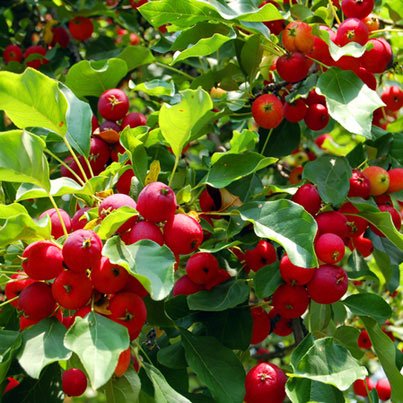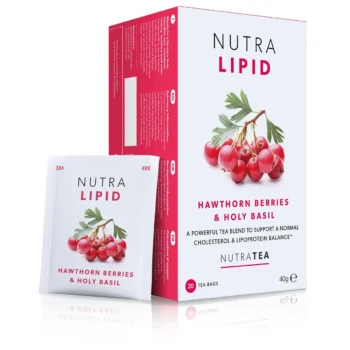Jambolan Lowers Blood Sugar

Jambolan (Syzygium cumini) is a tree long valued in folk medicine for the anti-diabetic actions of its seeds and bark. The sweet, astringent seed and astringent stem bark possess constituents that help manage blood glucose and cholesterol levels, lower inflammation, and reduce swelling. NutraGlycemia is a tea blend of Jambolan seeds and stem bark and other herbs that help minimize blood glucose imbalances and regulate lipid levels, while managing insulin sensitivity and sugar cravings.

Jambolan seeds and stem bark contain:
- Jambosine (an alkaloid)
- Betulinic acid, friedelin, epi-friedelanol, β-sitosterol, eugenin and fatty acid ester of epi-friedelanol
- β-sitosterol
- Quercetin
- Kempferol
- Myricetin
- Gallic acid and ellagic acid
- Bergenins
- Flavonoids
- Tannins
- Calcium
Blood Glucose Management
Jambolan seed and stem bark tea lowers blood sugar levels, increases insulin sensitivity, and inhibits glucose absorption. This effect is due to the presence of jambosine, an alkaloid, Jambolan or antimellin, a glycoside. These constituents thwart the diastatic conversion of starch into sugar. They lower fasting blood glucose levels and improve carbohydrate metabolic key enzyme activities in the liver. Jambolan improves insulin action through activation of insulin signaling molecules in skeletal muscle.
The seeds are rich in antioxidant flavonoids and the polyphenol ellagic acid, which scavenge free radicals and protect the body from inflammatory damage associated with persistently high blood glucose. Jambolan also helps with weight loss. These are all the mechanism by which Jambolan helps prevent or manage pre-diabetes and diabetes.
NutraGlycemia is a balanced tea blend that continues thousands of years of traditional use of Jambolan to lower blood sugar. This anti-inflammatory, healthy weight-loss promoting tea is a valuable herbal ally for those whose blood glucose levels need a steadying influence. This carefully crafted blend of Jambolan, Bitter Melon, Cinnamon, Black tea, Fenugreek, and Banaba Leaf is a supportive addition to a healthy lifestyle.

Cholesterol Control
The seed and stem bark of Jambolan improves lipid levels and supports heart health by lowering total cholesterol and raising HDL cholesterol. This allows the blood vessels to widen, blood to flow more easily, and the heart to pump blood with less effort. Supplementing with Jambolan has a protective effect on diabetic induced carbohydrate and lipid metabolic disorders.

Jamba Plum
Jambolan, also called Jamba Plum, is an evergreen tropical tree in the flowering plant family Myrtaceae. It is native to the Indian subcontinent. Jambolan consists of over one thousand species, and grows in Africa, Madagascar, southern Asia, throughout the Pacific, and Florida. It rapidly grows up to one hundred feet tall and can live for over one hundred years. Every part of the plant is used medicinally, and it is also valued for shade, timber, and ornamentation. It’s white, lightly scented flowers appear from March to April. Its berry-like drupes appear in May, starting out green and changing to pink, then red, and ripening to black-violet. The fruit tastes simultaneously sour, sweet, and astringent. It will turn your tongue violet, too! Its leaves are leathery and elliptic. Its thick bark is grey-brown thick bark, and it sheds it in scales. The wood is water resistant after being kiln dried.
The Jambolan tree is revered in south Asia. Buddhists love Jambolan because of a story found in the Maijihima Nikāya, a buddhist scripture collection. The story goes that Buddha remembers sitting in the cool shade of a Jambolan tree when he was a child. He refers to it as Rose-Apple, which is one of its names. While his father was working, he entered a meditative state under the tree which he later understood was the first stage of Jhāna meditation. This formative experience led Buddha to explore and practice Jhāna meditation, which led to his Awakening. The tree is also spiritually significant to Hindus, who plant it near temples because it is sacred to Lord Krishna.




